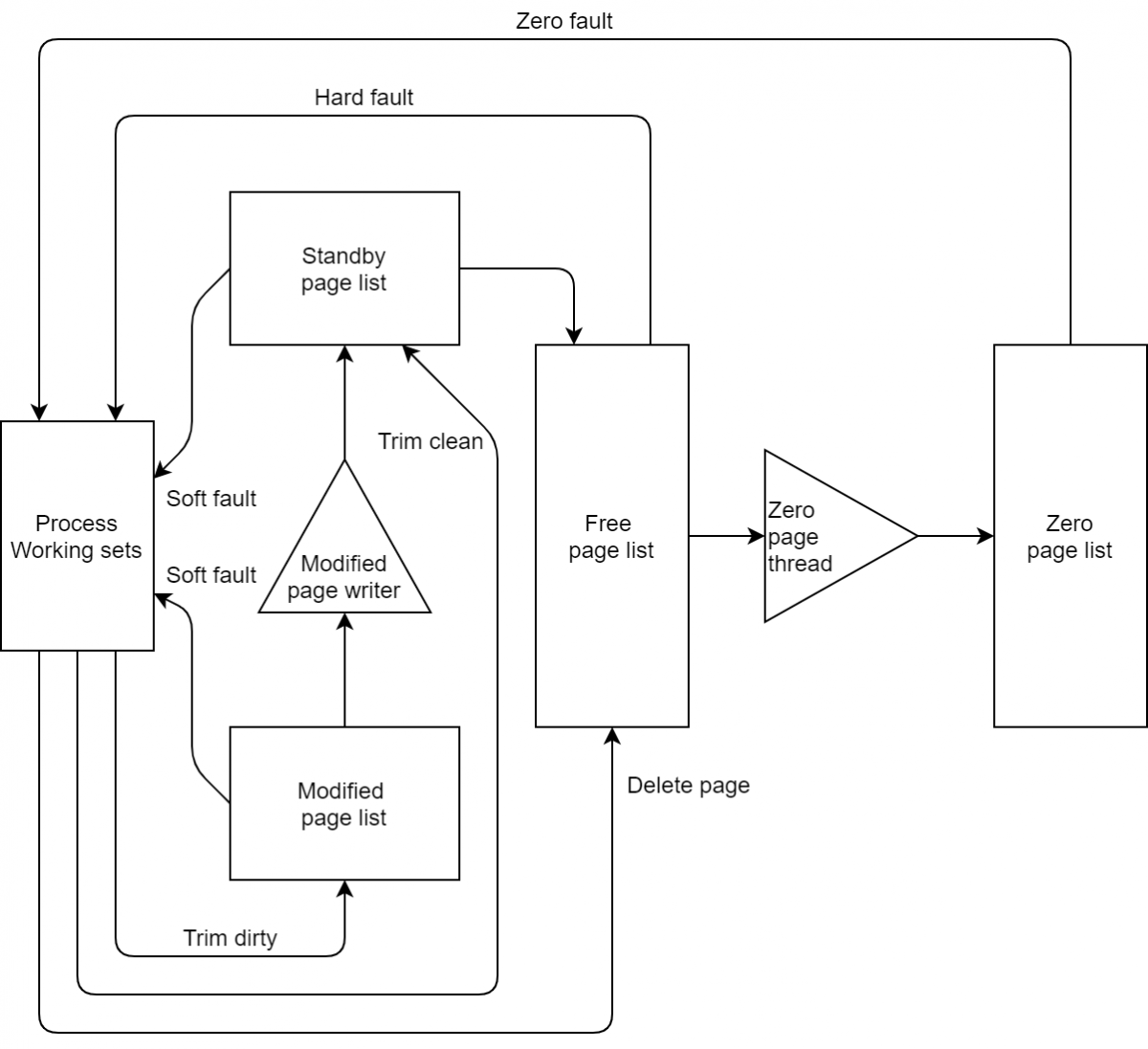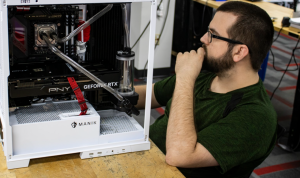Exploring the Role of RAM in System Performance shines a light on a critical component that impacts everything from gaming to professional computing. RAM, or Random Access Memory, serves as the short-term memory of your computer, enabling it to store and access data quickly while you work. Understanding how RAM functions and its influence on overall system speed can significantly enhance your computing experience and inform future upgrades.
This exploration delves into the various types of RAM available, the importance of capacity and speed, and how these factors interplay with other system components to optimize performance. By grasping the intricacies of RAM, users can make informed decisions tailored to their specific needs, whether for casual browsing or demanding tasks like video editing and gaming.
In today’s fast-paced world, the concept of mindfulness has gained significant traction. It’s essential to take a step back and appreciate the present moment. Mindfulness is not merely a trend; it’s a way of life that can fundamentally alter our perceptions and interactions with the world around us. This article delves into the essence of mindfulness, its benefits, and practical ways to incorporate it into daily life.### Understanding MindfulnessAt its core, mindfulness is the practice of being fully present in the moment.
This means paying attention to your thoughts, feelings, and bodily sensations without judgment. Mindfulness encourages awareness of your surroundings, allowing you to experience life as it happens rather than getting lost in the past or worrying about the future.The origins of mindfulness can be traced back to Buddhist traditions, where it was used as a form of meditation. However, in recent years, it has been embraced by people of all backgrounds.
The beauty of mindfulness lies in its simplicity; it does not require any special tools or techniques—only your willingness to be present.### The Benefits of Mindfulness
1. Reduces Stress
One of the most significant benefits of mindfulness is its ability to reduce stress. By focusing on the present, you can alleviate anxiety and worry, which often stem from ruminating on past events or fearing future outcomes. Mindfulness encourages a sense of calm and clarity, helping you manage stress more effectively.
2. Enhances Focus
In a world full of distractions, maintaining focus can be challenging. Mindfulness trains your brain to concentrate better. When you practice mindfulness, you learn to direct your attention intentionally, which enhances productivity and improves your ability to engage with tasks.
3. Improves Emotional Health
Mindfulness is linked to improved emotional well-being. Regular practice can lead to a greater sense of happiness and fulfillment as you learn to accept your thoughts and feelings without judgment. This acceptance can foster resilience, helping you bounce back from setbacks and challenges.
4. Promotes Better Relationships

Being mindful can vastly improve your interactions with others. When you practice mindfulness, you become more attuned to the feelings and needs of those around you. This heightened awareness fosters empathy and compassion, making it easier to connect with others on a deeper level.
5. Enhances Physical Health
Research has shown that mindfulness can have various physical health benefits, including lower blood pressure, improved sleep, and a stronger immune system. By reducing stress and promoting relaxation, mindfulness contributes to overall well-being.### Incorporating Mindfulness into Daily LifeNow that we understand the importance and benefits of mindfulness, how can we incorporate it into our daily routines? Here are some practical tips to help you get started:
1. Mindful Breathing
One of the simplest ways to practice mindfulness is through mindful breathing. Take a few moments each day to focus solely on your breath. Pay attention to the sensations of inhaling and exhaling, and notice how your body feels. If your mind wanders, gently bring your focus back to your breath.
2. Mindful Eating
Instead of rushing through meals, take the time to savor each bite. Pay attention to the flavors, textures, and aromas of your food. Eating mindfully not only enhances your experience but can also lead to healthier eating habits.
3. Nature Walks
Spend time outdoors and immerse yourself in nature. Pay attention to the sights, sounds, and smells around you. Whether it’s the rustling of leaves or the chirping of birds, connect with the natural world to ground yourself in the present moment.
4. Mindful Listening
When engaging in conversations, practice mindful listening. Give your full attention to the speaker without formulating your response while they talk. This practice fosters deeper connections and shows respect for the other person’s thoughts.
5. Set Reminders
It can be easy to forget to practice mindfulness amidst a busy schedule. Consider setting reminders throughout the day to prompt you to take a moment to breathe, reflect, or simply be present. This can help reinforce the habit over time.
6. Mindfulness Meditation
Consider setting aside time each day for mindfulness meditation. Find a quiet space, sit comfortably, and focus on your breath or a specific mantra. Allow thoughts to come and go without attachment, and gradually build your practice over time.
7. Journaling
Keeping a mindfulness journal can be a powerful tool for self-reflection. Write down your thoughts, feelings, and experiences each day. This practice can help you become more aware of your emotions and patterns, fostering a deeper understanding of yourself.### ConclusionMindfulness is a valuable practice that can enrich your life in countless ways. By cultivating awareness and being present in the moment, you can reduce stress, improve emotional health, and enhance your relationships.
Incorporating mindfulness into your daily routine doesn’t have to be complicated—small, intentional steps can lead to significant changes over time.As you embark on your mindfulness journey, remember that it’s all about progress, not perfection. Be patient with yourself and embrace the process of becoming more mindful. By doing so, you’ll discover a greater sense of peace and fulfillment in your everyday life, ultimately leading to a more satisfying and joyful existence.
Whether you’re at work, home, or in social settings, practicing mindfulness can transform your experiences and help you navigate the complexities of life with grace and ease.





